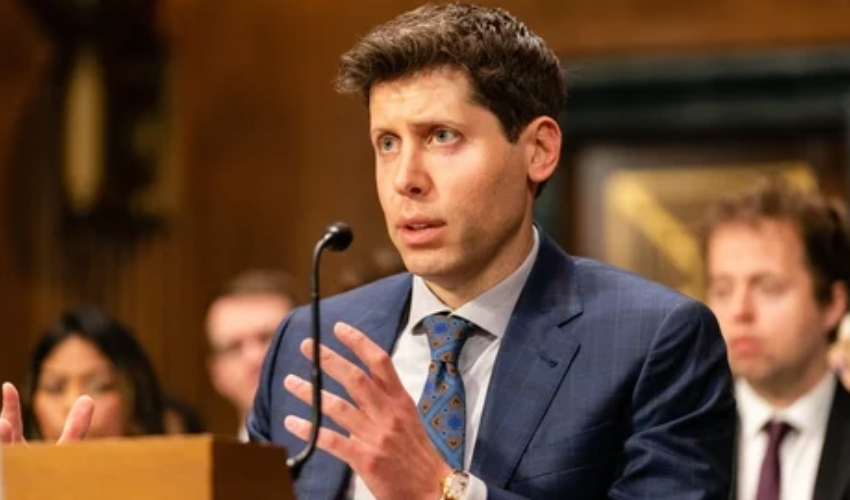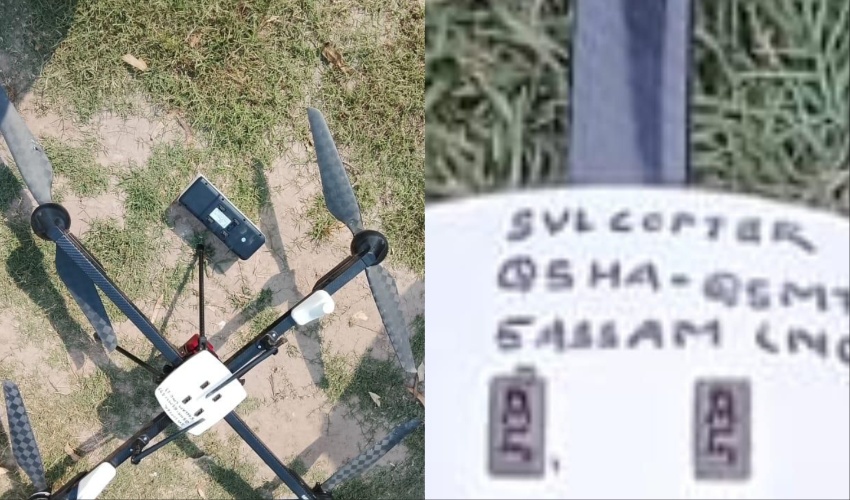OpenAI's CEO Sam Altman has acknowledged that the company has been "on the wrong side of history" in terms of its approach to transparency and open-source practices.
Speaking during an "Ask Me Anything" (AMA) session on Reddit last Friday, Altman openly admitted that OpenAI's stance on the matter may have been misguided and expressed his support for revisiting the company's strategy regarding open-source technology.
"I personally think we have been on the wrong side of history here and need to figure out a different open-source strategy," Altman said during the live session. However, he clarified that this was not the current highest priority for the company, and not all members of OpenAI shared his perspective.
OpenAI, the organization behind the groundbreaking ChatGPT AI, has been at the forefront of developing some of the most advanced language models in the world. Despite its technological advancements, the company has faced criticism for its closed approach to sharing its models, particularly in comparison to rivals in the artificial intelligence space.
The admission comes as OpenAI is being increasingly challenged by newer AI developers, notably the Chinese company DeepSeek. The AI startup has garnered attention for its R1 chatbot, which is claimed to offer high performance at a lower cost compared to OpenAI's offerings. What sets DeepSeek apart is its commitment to being a public-spirited "open-source" project, offering developers free access to its code and inner workings, a sharp contrast to the closed-off model used by OpenAI and Google.
Open-source practices refer to the approach of making the source code of software available to the public, allowing developers to view, modify, and distribute the code freely. While this model aligns with the ideals of collaboration and transparency, it has often conflicted with the revenue-driven, intellectual property-protective business models of tech giants like OpenAI.
In addition to DeepSeek, other notable players like Meta and the French AI developer Mistral have also positioned themselves as open-source advocates, offering their tools and models to the public at no cost. This growing movement has raised questions about whether OpenAI's decision to limit access to its technology will hinder its ability to maintain its competitive edge in the rapidly evolving AI space.
When asked during the Reddit session if DeepSeek’s rise had influenced OpenAI’s plans for future models, Altman responded, "It's a very good model," praising DeepSeek’s offering. However, he also acknowledged the competitive challenge the company poses, admitting that OpenAI will have to work harder to maintain its lead in the market.
"We will produce better models, but we will maintain less of a lead than we did in previous years," Altman said.
Despite this, OpenAI’s future direction remains focused on refining its models and expanding their capabilities. Altman suggested that OpenAI is actively considering how to strike a balance between maintaining a competitive edge and being more transparent with its technology. He acknowledged that a new open-source strategy could be part of this shift.
This open acknowledgment from Altman represents a notable departure from the more secretive stance that has historically characterized OpenAI's operations. As the landscape of AI continues to evolve, the company’s future decisions regarding open-source access will likely have far-reaching implications for the industry at large.



























